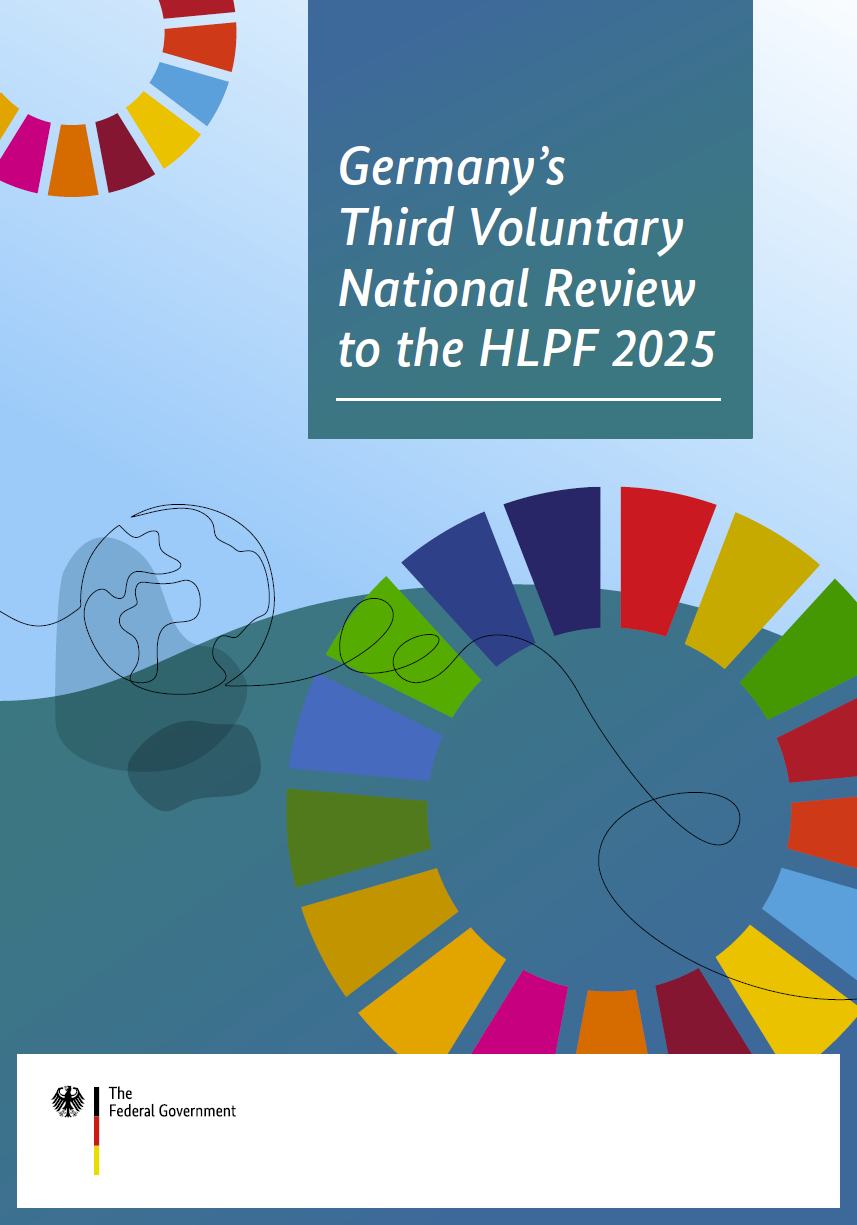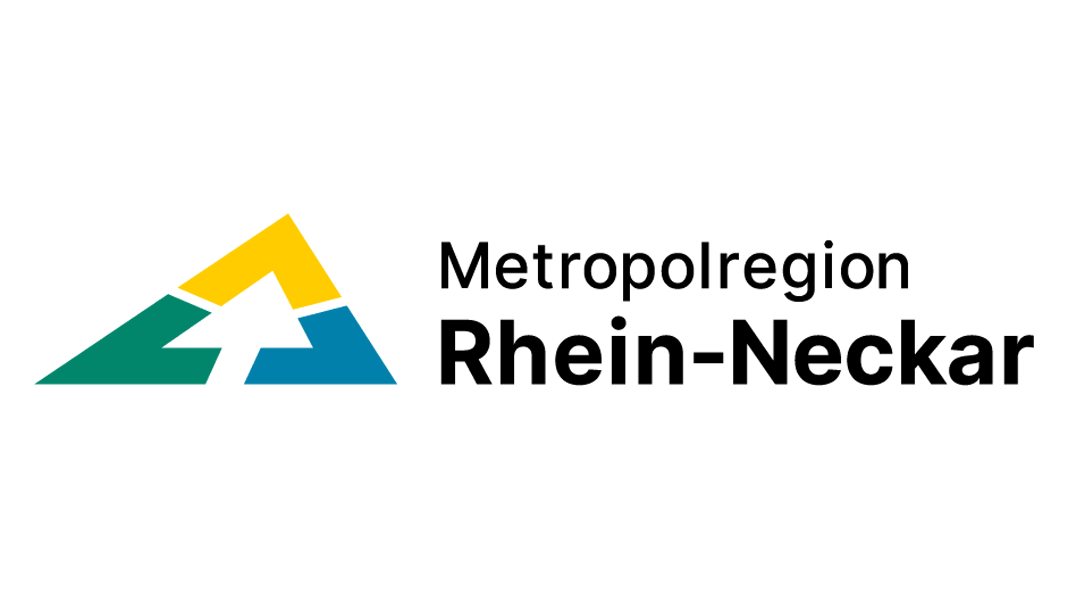VNR 2025 Contribution by Metropolregion Rhein-Neckar
The Rhine-Neckar Metropolitan Region is actively working to implement the 2030 Agenda and has integrated sustainability as a strategic goal in its regional development. Through inter-municipal cooperation, digital participation formats, international comparability and cross-sector collaborations, sustainable transformation processes are being shaped. Since 2019, the Verband Region Rhein-Neckar (regional association) has systematically linked all measures with the SDGs (ARR resolution 49/19/01). The goal is to design regional infrastructure in an ecologically and socially responsible manner to ensure long-term high quality of life for the population.
1. Citizen participation and digital platforms
To ensure a participatory sustainability process, several online surveys were conducted. Between September and October 2020, 997 residents took part in an initial survey to identify key needs. In March 2024, a second survey was conducted to assess changes in public perceptions regarding the 2030 Agenda. These citizen surveys have been crucial in further developing the region's sustainability efforts and addressing the population's needs in a targeted manner.
In addition, digital participation formats were created to encourage citizen involvement. The platform “Sustainable in Dialogue” serves as an open forum for collecting innovative ideas for sustainable projects. In addition to the possibility of anonymous participation, registered users can actively engage in decision-making processes and thus contribute to shaping the future of the metropolitan region.
Good practice: The digital platform “Sustainable in Dialogue” has enabled the realisation of numerous sustainable initiatives initiated by the public.
2. OECD monitoring and international comparability
One key step in measuring sustainable development in the Rhine-Neckar Metropolitan Region was its participation in the OECD project “A Territorial Approach to the SDGs”. Since December 2020, the region has been working with the OECD and local partners to assess its sustainability performance in an international context. This process highlights both progress and areas requiring action in order to effectively promote sustainable development initiatives.
Good practice: International comparability and exchange with various stakeholders.
3. Sustainability monitoring and regional governance
To continuously track the progress of sustainable development, a regional monitoring system with relevant indicators (KPIs) was established. This system is designed not only to reflect the overall development of the Rhine-Neckar Metropolitan Region but also to support municipalities in measuring their own progress and adjusting their actions accordingly. The sustainability dashboard (External link) (only available in German) is linked to the Metropolatlas Rhein-Neckar and the regional data portal. It is designed as an open-source solution, enabling it to be applied in other regions as well.
Good practice: Development of a regional monitoring system with relevant indicators (KPIs) that not only reflects the overall development of the metropolitan region but also helps municipalities measure their progress and adjust actions accordingly.
4. Voluntary Local Review (VLR)
The Rhine-Neckar Metropolitan Region has published a Voluntary Local Review, documenting the region’s progress on five prioritised SDGs: education (SDG 4), renewable energy (SDG 7), sustainable urban development (SDG 11), responsible consumption (SDG 12) and climate action (SDG 13). The report serves as a model for other municipalities and aims to encourage them to develop their own sustainability reports. Link to the VLR: Mediacenter – Publikationen (External link) (most material in German)
Good practice: The municipality of Dossenheim was one of the first smaller municipalities in the region to publish its own VLR, thus setting an example for sustainable development at the local level.
5. Cross-sector sustainability conference
To further strengthen the regional sustainability strategy, the first cross-sector sustainability conference will take place on 13 February 2025. This event will bring together stakeholders from business, academia, civil society and politics to develop joint strategies for promoting sustainable actions. A special focus will be placed on establishing sustainable business practices as an economic advantage and supporting companies and organisations in implementing new EU requirements for sustainability reporting.
Good practice: Development of best-practice strategies for businesses to not just meet sustainability requirements but actually use them as a competitive advantage.
Conclusion and outlook
With its integrated sustainability activities, the Rhine-Neckar Metropolitan Region is sending a strong signal for sustainable development at both the regional and the municipal level. Through monitoring, citizen participation and cross-sector cooperation, the region is positioning itself as a leader in sustainable transformation. A second, integrated sustainability report is planned to highlight the progress of municipalities and provide inspiration for other regions in Germany and Europe.

